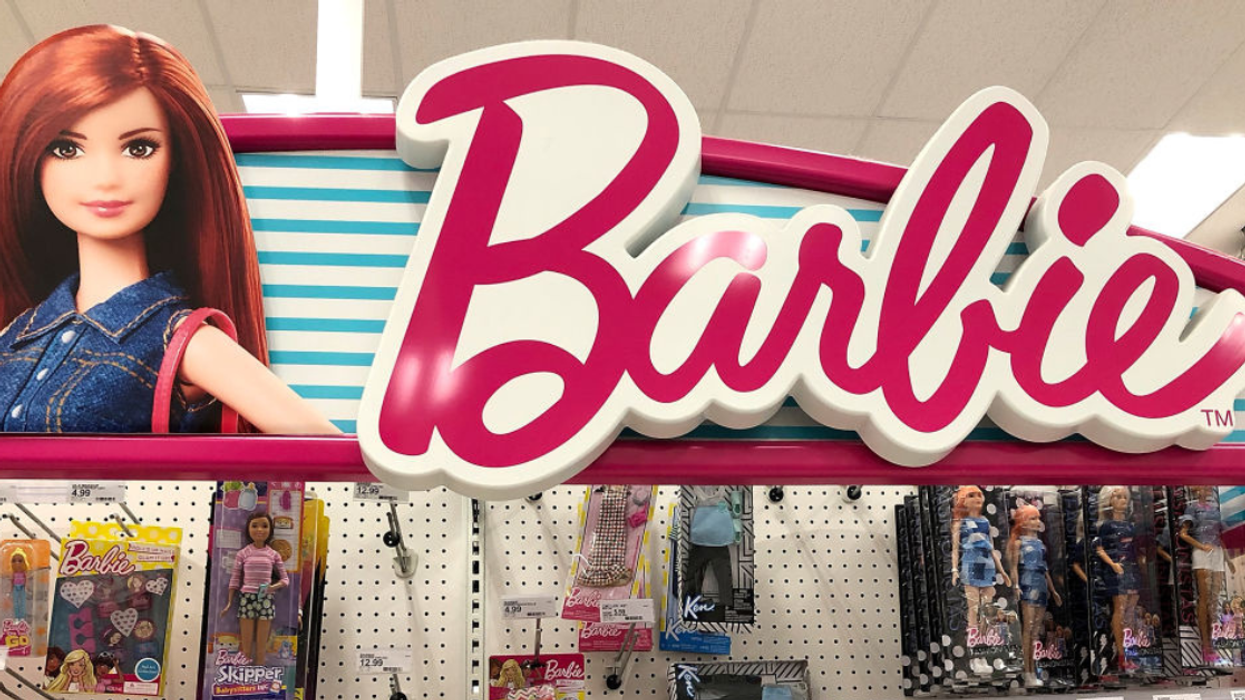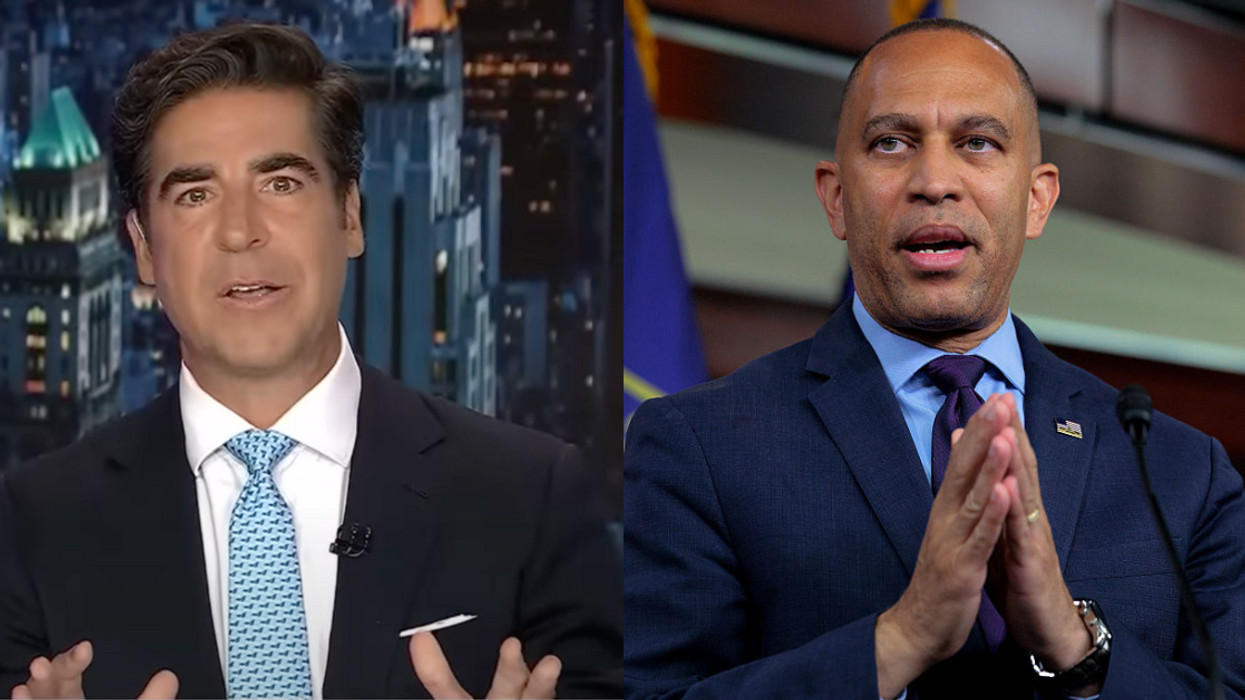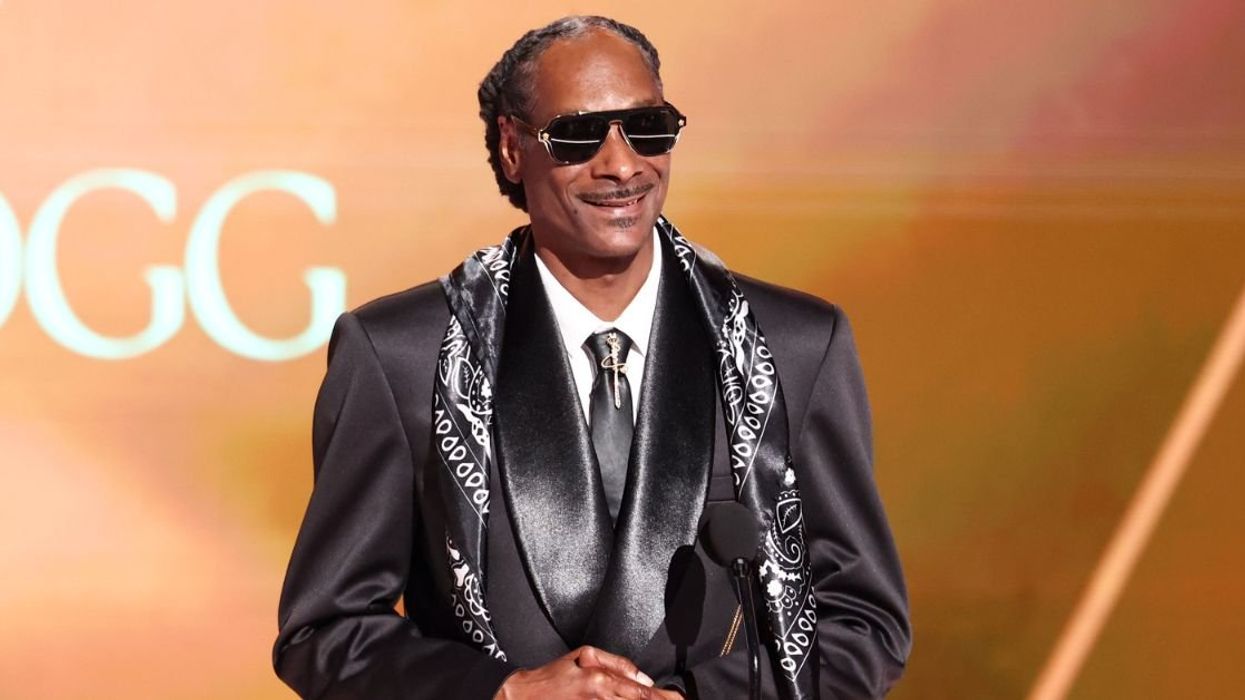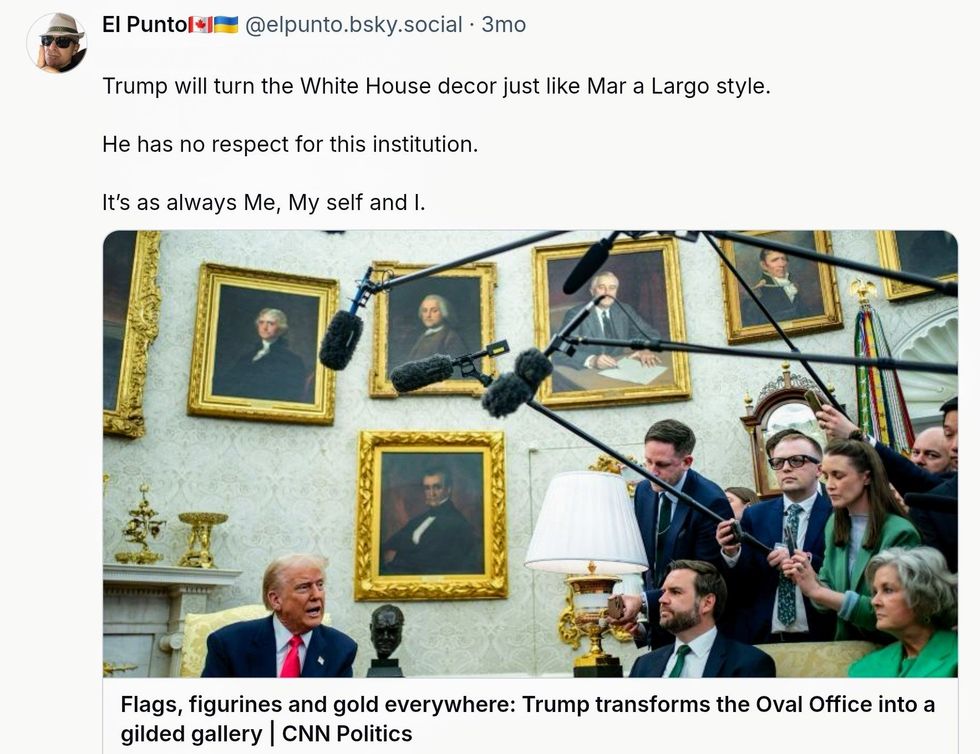It's no secret that English is a mutt language, originating from a mixture of the Germanic and romantic languages. But what's less appreciated is why Americans and Brits sound so different from one another.
The most distinct difference between American English and British English is how each culture pronounces their "R"s, which is known as rhoticity.
A dropped or unemphasized "R" is a trademark of British speech, while a voiced, or rhotic "R," is the typical American style.
Some regions of Northern England, Scotland and Ireland sound different because they kept the rhotic pronunciation. And some regions in the United States dropped it like Boston and New York and the American south, where "R"s tend to be nearly non-existent.
Would you believe that the American way is actually the older version of English?
Have you ever thought about why we don't all sound the same?
The first English came to North America in 1607. English settlers in the 17th Century sounded closer to today's Americans, according to the science website, Curiosity.
"...the modern American accent is a lot closer to how English used to be spoken than the [modern] British accent is."
What then, you ask, did the Brits do with their "R"s?
Simply put, the wealth boom of the Industrial Revolution prompted well-to-do English people to drop their "Rs" because voicing them "instantly marked them as a commoner."
"In order to distinguish themselves from their lowlier roots, this new class of Brit developed their own posh way of speaking. And eventually, it caught on throughout the country."
"It's called "received pronunciation," and it even influenced the speech patterns of many other English dialects — the Cockney accent, for example, is just as non-rhotic but a lot less hoity-toity."
This quirk developed by the English upper classes eventually found its way to the United States in the form of the Transatlantic Accent, which has been forever immortalized in recordings and films from the first half of the 20th Century.
However this time, the purpose was not to distinguish from the lower classes. The change had to do with changing technology, namely the rise of the "talkie" when silent films were phased out and motion pictures got voice tracks.
The Transatlantic or Mid-Atlantic Accent is the familiar, quasi-British sounding twang used by President Franklin Delano Roosevelt and many influential actors, such as Cary Grant, Katherine Hepburn, and Vincent Price, through the end of World War II.
Its popularity grew out of the clarity it provided on early audio recordings, on microphones and on the radio where rhotic speech could be difficult to understand.
For this speech evolution, the "R" is dropped and the "T" is highly articulated. All vowels are softened.
It was also a way to appeal to diverse English-speaking populations. It blended both the American and English accents of the time.
The accent fell out of favor after World War II however.
The Transatlantic or Mid-Atlantic Accent was a beautiful way of speaking and we should bring it back. Let's make Transatlantic Accents Great Again!
H/T: Curiosity








 Oh My God Reaction GIF
Oh My God Reaction GIF 





 @repjeffries/Instagram
@repjeffries/Instagram
 @ctsparks2020/Instagram
@ctsparks2020/Instagram @ms.cee7777/Instagram
@ms.cee7777/Instagram @juju554/Instagram
@juju554/Instagram @garfieldthe_dog/Instagram
@garfieldthe_dog/Instagram @ch3lleb3lle/Instagram
@ch3lleb3lle/Instagram @midgiepudge2scoot/Instagram
@midgiepudge2scoot/Instagram @chefbettycakes/Instagram
@chefbettycakes/Instagram @erickabathgate/Instagram
@erickabathgate/Instagram @frenchie_valentinaa/Instagram
@frenchie_valentinaa/Instagram @babyboybroadus/Instagram
@babyboybroadus/Instagram

 @elpunto/Bluesky
@elpunto/Bluesky
 @localnotail/Bluesky
@localnotail/Bluesky
 @ericadamsfornyc/Instagram
@ericadamsfornyc/Instagram @ericadamsfornyc/Instagram
@ericadamsfornyc/Instagram